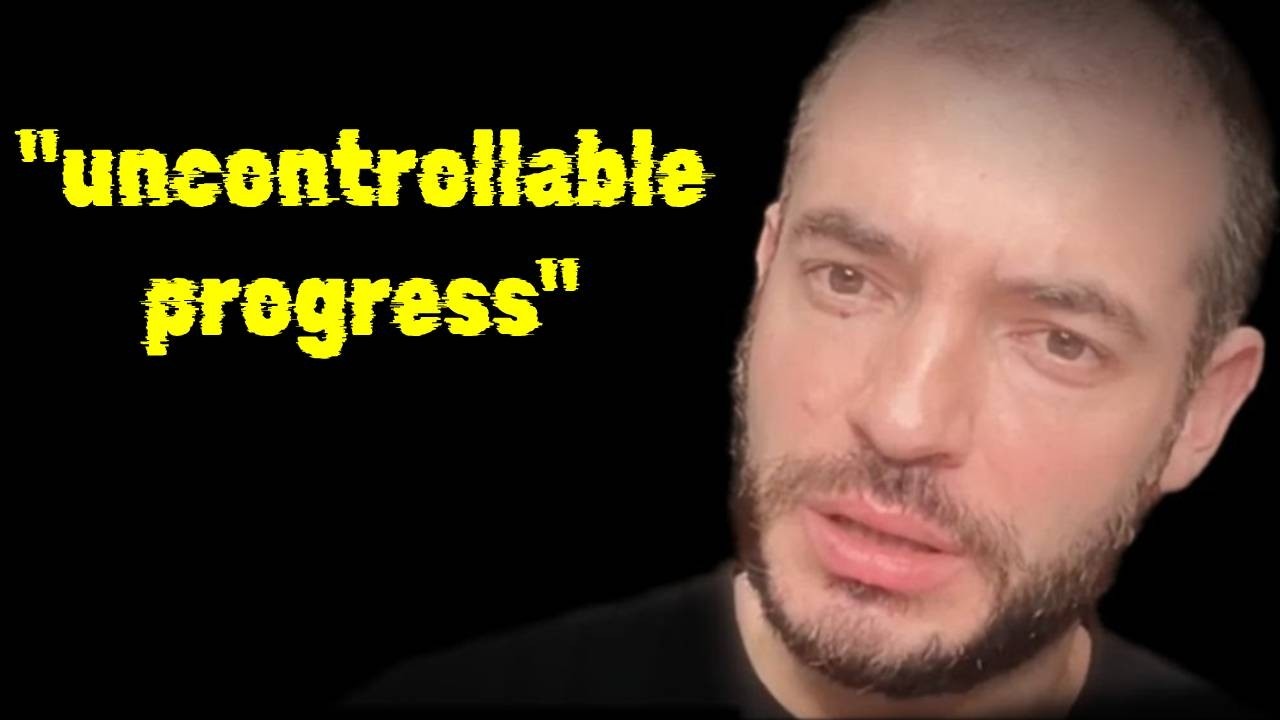Dr. Ilya Sutskever, co-founder of OpenAI, warns that AI is approaching a stage of rapid, recursive self-improvement leading to unpredictable and potentially uncontrollable superintelligence. While recognizing AI’s transformative potential, he emphasizes the urgent need for careful management to mitigate the profound risks associated with this technological evolution.
Dr. Ilya Sutskever, a key figure in the development of superintelligence and co-founder of OpenAI, has recently issued a stark warning about the future of AI. Despite his relatively low public profile, his work and statements have become widely influential and even meme-worthy within the AI community. He emphasizes that AI development is reaching a stage where systems could begin to improve themselves recursively, leading to rapid and unpredictable advancements. This phenomenon, often referred to as the intelligence explosion, could result in AI capabilities that are difficult for humans to understand or control.
Recent research and developments support Sutskever’s concerns, with studies and prototypes demonstrating early signs of recursive self-improvement in AI systems. While the full intelligence explosion is not yet here, the groundwork is being laid in leading AI labs. This has sparked intense competition among tech giants to secure top talent and resources. For example, Meta (formerly Facebook) has aggressively pursued AI expertise, acquiring companies like Scale AI and recruiting key figures such as Daniel Gross and Nat Friedman to bolster its AI ambitions.
Sutskever’s decision to reject a $32 billion acquisition offer from Meta for his startup, Safe Super Intelligence (SSI), highlights his confidence in the revolutionary potential of his work. This move contrasts with other acquisitions in the AI space, such as Scale AI’s focus on data preparation, which is crucial but not directly involved in creating superintelligent systems. Sutskever’s refusal suggests he believes his technology could fundamentally change the landscape of AI, making it worth more than the massive buyout offer.
In a recent interview, Sutskever shared insights into his background and motivations. Born in Russia and raised in Israel and Canada, he developed a strong foundation in math and computer science early on. His academic journey led him to the University of Toronto, where he worked alongside AI pioneer Geoffrey Hinton. Sutskever’s passion for understanding how machines learn has driven his career, culminating in his pivotal role at Google and later at OpenAI. He views AI as a powerful tool capable of transformative impacts, especially in fields like healthcare, but also recognizes the profound risks associated with its unpredictability.
Ultimately, Sutskever stresses the dual-edged nature of AI’s power: it can solve many of humanity’s greatest challenges but also poses unprecedented risks due to its potential for uncontrollable growth. Preparing for this future is critical, yet the path forward remains unclear. His recent honorary degree from the Open University symbolizes a full-circle moment in his lifelong pursuit of knowledge and innovation. As AI continues to evolve, Sutskever’s warnings serve as a crucial reminder of the need for careful stewardship and thoughtful consideration of the technology’s implications.
